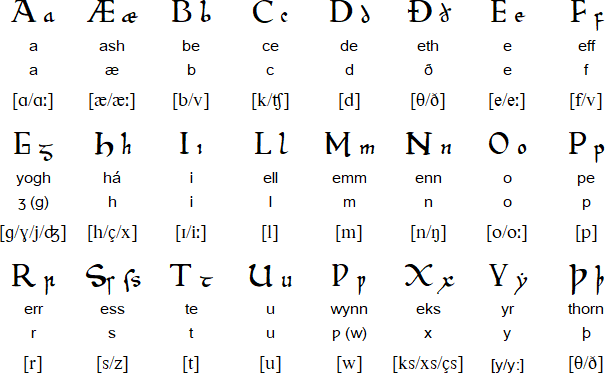
Kerby-Fulton does this by exploring a subsection of medieval workers-variously understudied, invisible, neglected, or never properly contextualized-for their importance in literary history…The book really makes us think about merit, exclusion, education, ambition, vocation, resiliency, spirituality, inspiration, satire, critique, imagination, independence, hegemony, and how we personally, artistically, and professionally react to it all. "What a pleasure to pick up a book so attentive to issues of unemployment and precarity-realities that seem to never go away for working people. The Poet as Public Intellectual: Achievements and Characteristics of Proletarian Writers The Clerical Proletariat and Public Genres of the Cathedral World: St.

Satire, Drama, and Censorship: Submerged Literary Circles at the CathedralĬhapter Seven. Cathedral Songs: Lyric Genres of the Choral Service Class and the Resurgent EnglishĬhapter Six. The Liturgical and Ecclesiastical Proletariat Resurgent and English VerseĬhapter Five. Career Disappointment and Langlandian Tradition II: John Audelay as the Voice for a Lost Generation Career Disappointment and Langlandian Tradition I: Hoccleve's Missed Opportunity and Self-Portraiture in Vocational CrisisĬhapter Four. Poetry of Vocational Crisis in Langland's Apologia and the Early Langlandian TraditionĬhapter Three. Precedents for Clerical Crisis and Authorial Intervention in Early Middle EnglishĬhapter Two. Clerical Proletarians and the Resurgence of English Poetry: Vocational Crisis and Self-RepresentationĬhapter One. The Clericus Class, Underemployment, and the Golden Age of Middle English Poetry Taking in proletarian themes, including class, meritocracy, the abuse of children ("Choristers' Lament"), the gig economy, precarity, and the breaking of intellectual elites ( Book of Margery Kempe), The Clerical Proletariat and the Resurgence of Medieval English Poetry speaks to both past and present employment urgencies.
Middle english writing trial#
It also uses new tools for uncovering proletarian writers in unattributed Middle English works, including the famous Harley 2253 lyrics, the "York Realist's" Second Trial from the York Cycle, St. Kerby-Fulton's is the first study of Langland's legacy of articulating an authorial employment crisis, and its echoes in Hoccleve and Audelay.

These early experimenters invoked semi-remembered literary forms in a still evolving written vernacular, breaking ground for Ricardian writers, who turned to these conventions during the massive clerical unemployment of the Great Schism era. Preoccupied with underemployment, patronage, careerist ambition, alienation, and changing literary fashion, these thirteenth-century writers were choosing the more avant garde option of writing in English while feeling backwards to earlier tradition in works such as Laȝamon's Brut and The Owl and the Nightingale. Since English book production in London prior to 1380 was rare, Kerby-Fulton's study begins in the prior century with great regional poets, revealing their early experimentation with a new poetics of vocational crisis.

And there the most enterprising found new material-and new audiences-for poetry in English. Surviving instead as ecclesiastical or choral "piece workers," or in secular jobs in government or private households, this "clerical proletariat" lived and worked in liminal spaces between the ecclesiastical and lay world.

As Kathryn Kerby-Fulton shows, however, their generation was transformational in nurturing the resurgence of English writing, in part as a result of the mass underemployment of clerks originally trained for the church but unable to find steady positions in it. Despite the great literary achievements of Chaucer, Langland, and the Pearl Poet, Ricardian English books were still a niche market in 1400.


 0 kommentar(er)
0 kommentar(er)
